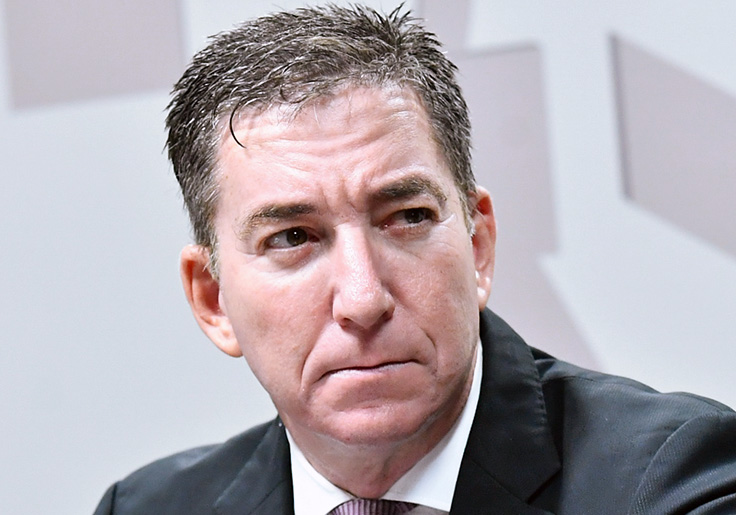The recent leak of intimate videos featuring journalist Glenn Greenwald has sparked a firestorm of controversy, igniting discussions about personal privacy, consent, and the darker corners of political maneuvering. Public reactions have been sharply polarized, reflecting the multifaceted interplay between personal autonomy and media accountability.
The Leak: What Happened?
On a day when the internet was abuzz, Greenwald confirmed on X (formerly Twitter) that videos depicting him in private situations had leaked without his knowledge or consent. He called the release a “criminal and malicious” act, arguing that the act intended to serve a broader political agenda — a tactic to destabilize his standing within journalistic circles and undermine his critiques of the political establishment.
A Continued Dialogue on Journalism and Ethics
The scandal surrounding Glenn Greenwald serves as a critical juncture in understanding the ethics of journalism in relation to personal life. Questions arise about the responsibilities of journalists, their rights to privacy, and the darker manipulations of political adversaries seeking to silence inconvenient truths. The episode invites a much-needed dialogue on where the line should be drawn between public interest and personal privacy.
As the dust settles, Glenn Greenwald continues to maintain his position as a vital voice in the media landscape. He has publicly vowed that his work will proceed unabated. Whether this incident will affect his credibility within the journalism community remains to be seen, but it is clear that personal privacy rights are entering a new, precarious terrain in the modern age.
Implications for Future Reporting
The leak of Glenn Greenwald’s intimate videos illustrates a troubling trend in today’s media environment, where personal narratives can be twisted to serve political agendas. This ongoing saga echoes the larger theme of how personal lives are increasingly scrutinized and politicized in ways that can detract from crucial discussions on journalism and the tenets of free speech.
Ultimately, the incident underscores the necessity for robust discussions about ethics in journalism, privacy rights, and the defenses that must be erected against unethical political maneuvering. As public figures grapple with their private lives being made public, the lines between acceptable journalistic practices and partisan attacks will continue to blur, necessitating ongoing reflection and discourse.
The dialogue surrounding Greenwald’s situation is far from over, and its reverberations will likely continue to impact discussions on free speech, journalistic integrity, and personal privacy rights in the digital age.

